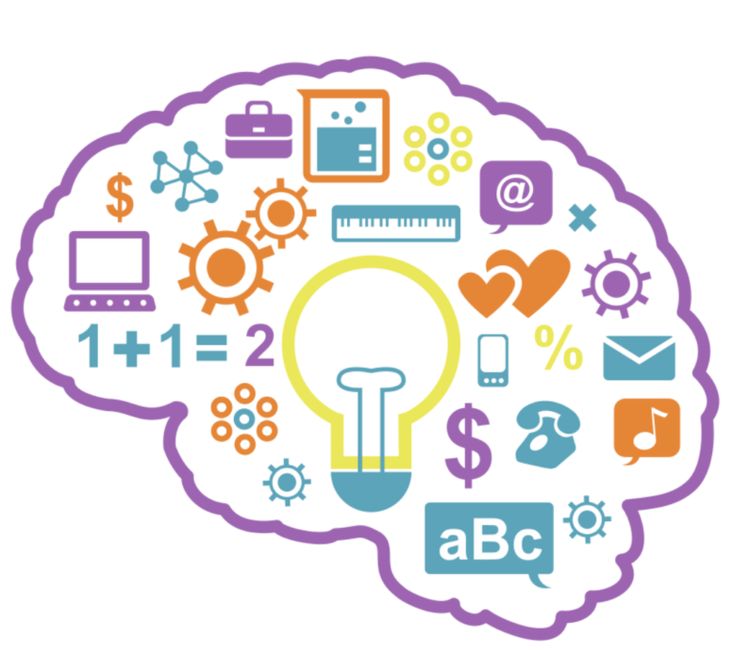Introduction:
Reflective learning has always been an important aspect of personal and professional growth. It involves analyzing experiences, thoughts, reactions and ideas related to learning activities to improve knowledge retention and build critical thinking skills. One of the most effective tools for promoting reflective learning is the use of learning logs. This article will discuss the significance of learning logs and how they can encourage reflective learning among individuals.
What is a Learning Log?
A learning log is a tool that allows individuals to record their thoughts, reflections, experiences, and impressions during and after a learning activity. It’s a space where learners can document their progress, set learning goals, note achievements, and acknowledge areas for improvement. By consistently engaging with their learning logs, students can develop self-awareness, resilience, and adaptability.
Benefits of Learning Logs:
1.Enhanced self-awareness: Writing in a learning log helps to identify personal strengths and weaknesses. It provides an opportunity for learners to examine their thinking process, which is crucial in fostering self-awareness.
2.Clear identification of difficulties: Through writing what they’ve learned and what challenged them most, students can easily identify obstacles as they arise. This will enable them to adopt strategies to overcome these challenges more effectively.
3.Improved problem-solving skills: Reflecting on previous experiences enables learners to tap into their ability to solve problems independently by recalling similar situations and resolutions.
4.Goal-setting and progress tracking: Learning logs allow students to set educational goals for themselves. They can then track their progress by analyzing how well they’re meeting those objectives.
5.Builds resilience: Reflective writing encourages perseverance, as learners become more accustomed to critiquing their own work and identifying opportunities for growth.
Strategies for Using Learning Logs Effectively:
1.Consistency: To reap the benefits associated with reflective learning, it’s vital that students maintain consistency in using their learning logs. This could mean setting aside a specific time each day or week to update and review their experiences.
2.Encourage honest reflection: Instructors should emphasize the importance of honesty when completing learning logs. They can create a safe and supportive atmosphere that allows students to truthfully express their thoughts and feelings.
3.Provide prompts or guiding questions: For learners who may struggle with reflection, teachers can provide some prompting questions to help them start writing. These questions can be tailored to specific learning experiences or subjects.
4.Combining group discussions with individual reflection: Group discussions provide multiple perspectives on a topic, while individual reflection helps learners internalize the insights they gained from those conversations. Encouraging these two activities alongside learning logs maximizes their benefits.
5.Feedback and review sessions: Periodic feedback from instructors can be extremely beneficial for students developing reflective writing skills. Reviewing learning logs in one-on-one sessions allows teachers to provide constructive advice and encouragement tailored to individual needs.
Conclusion:
Learning logs serve as a valuable tool for promoting reflective learning, which is crucial for personal growth and academic success. By consistently using these logs, learners improve self-awareness and develop important critical thinking skills that will benefit them throughout their lives. By implementing the suggested strategies, educators can introduce learning logs effectively into their teaching methods and create an environment that supports continual improvement for everyone involved.





